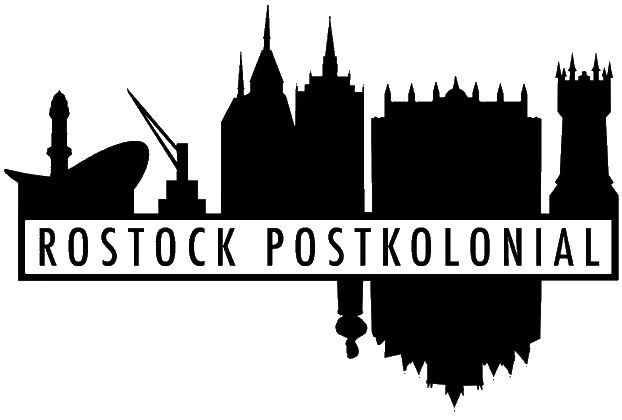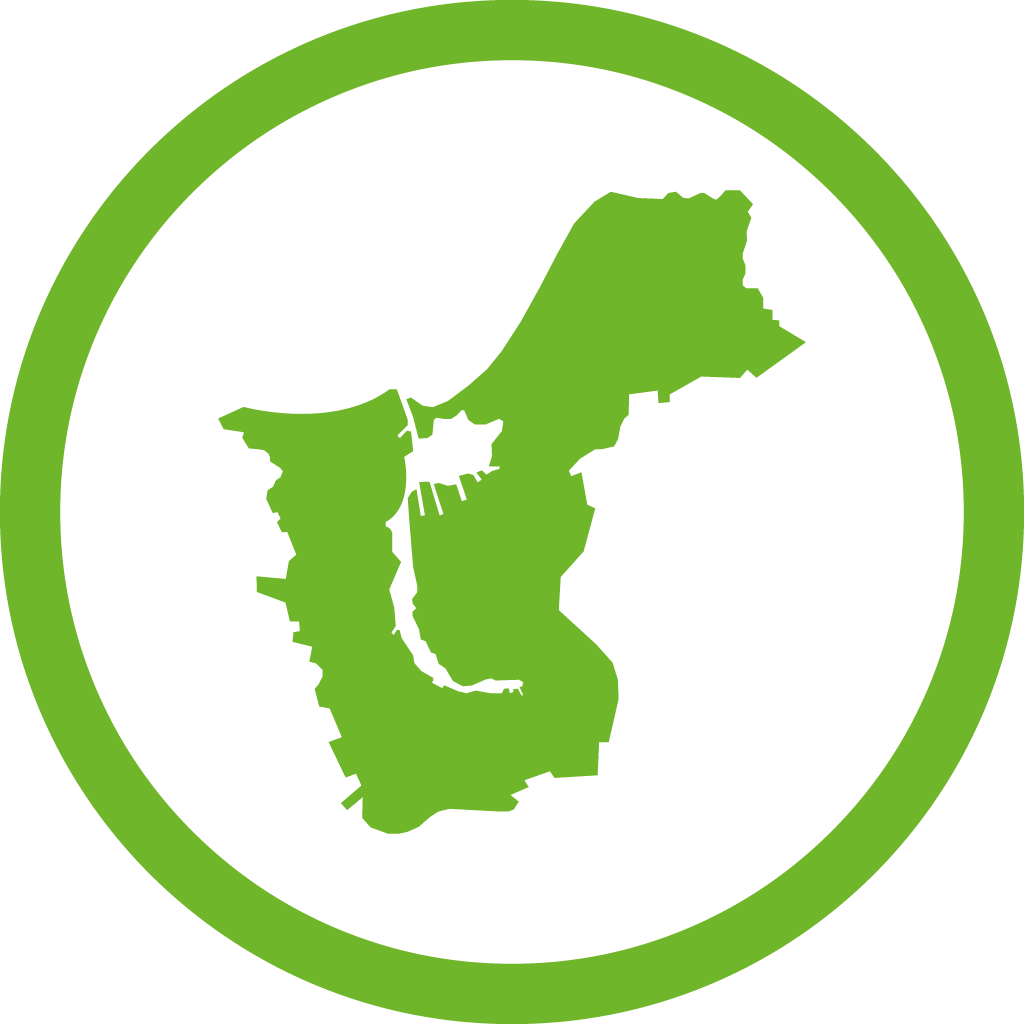Welcome to the online tour “Rostock Postkolonial”.
The Initiative Rostock Postcolonial
Who we are? A network of people affiliated to the development policy education project of Soziale Bildung e.V. We are a diverse group that aims to be an advocate for a critical attitude towards colonial past and present in in the State of Mecklenburg-Western Pomerania, with focus on the university city Rostock. Since 2017 we researched and reconstructed contents related to postcolonialism. Furthermore, we offer city tours focusing on the contents we are dealing with.
Our motivation
- We want to be a part of an educational movement leading a public discourse, especially in schools, on an important period of German history.
- We think that colonialism shouldn’t be just a peripheral topic. The debate on this topic is often lackingan actual reference.
- Who is benefiting from continued colonial exploitation in many regions of the world nowadays? What kind of responsibility do we have?
- Reflecting upon the topic from a ‚critical whiteness‘ perspective and from a People of Color perspective are both very enlightening
Our objectives
- The initiative wants to arouse your interest in educational work with regional context. We want to focus on the roots of racism and activate the human sense of justice.
- The main objective of our initiative is to make the topic of colonialism as attractive as possible for actual communication practices. This application for a city tour through Rostock is one way to deal with colonialism in Rostock.
- We want to come closer to a utopia of a less discriminatory and more diverse society and to start a dialogue in public areas. The realization of this utopia, in a more or less cohesive group, requires networking with already existing initiatives worldwide.
What we do
- We are searching for traces of the colonial rule of Germany, for traces of the impact of a colonial rule of Rostock and through that we try to deal with a part of history and commemorate it at the same time
- Evidence of the colonial background of places, memorials or institutions isn’t always visible. We want to build an awareness of the integration and linkage of colonial history and our present today. For example: How took racism effect on colonial thinking and how does it today?/How did and does racism as a part of colonial thinking continue to have an impact?


